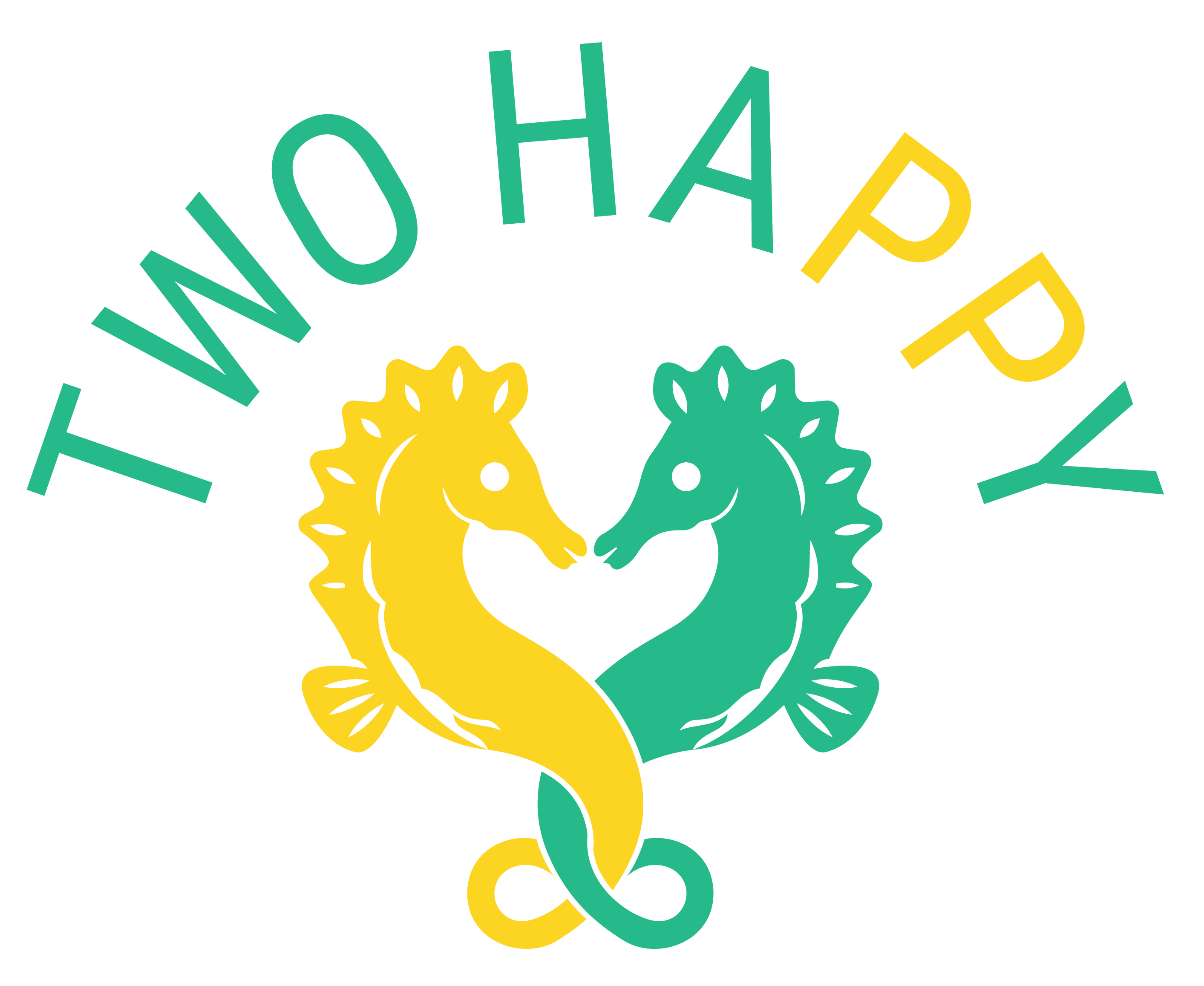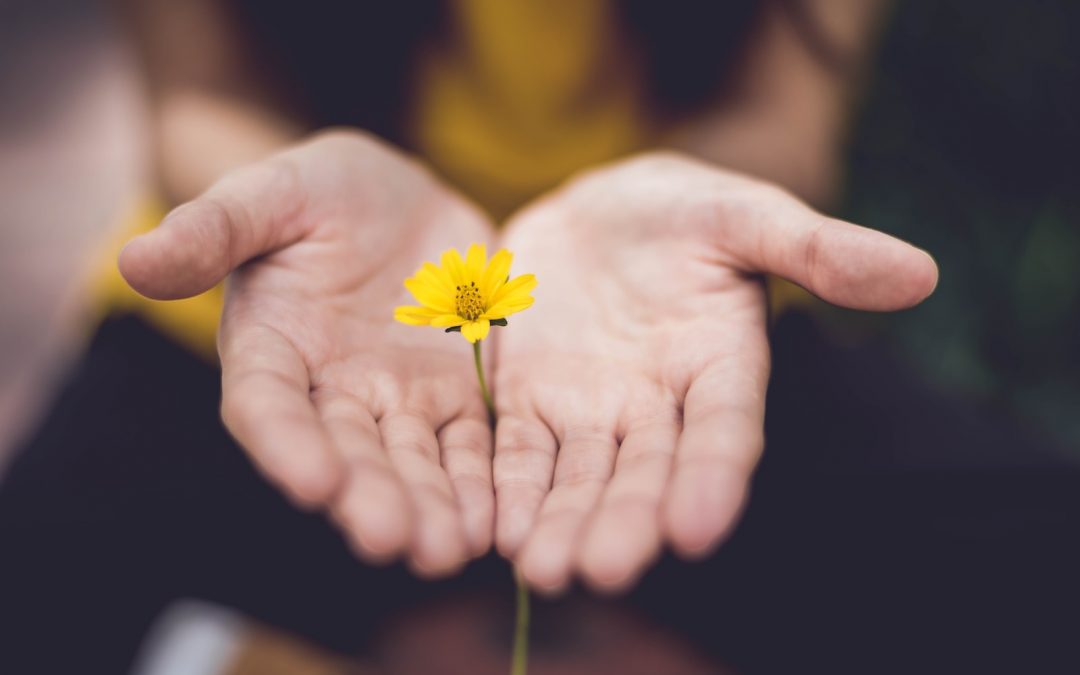Cross-published here on the mayksYoga newsletter.
Mindfulness matters more than you think
I love my spouse—I really do. He’s taught me how to really love, how to continue laughing when things get tough, and continuously pushes me to pursue my dreams.
He also has ADHD and can’t for the life of him put things back where they belong or remember to close the refrigerator door after taking out the deli meats. I imagine the door gets riled up with me, letting off a warning “ding ding ding” that sounds remarkably urgent for a cold-hearted (see what I did there?) lifeless machine.
Do you know what saves me from snapping and helps me put these little incidents into perspective as the tiny, unimportant things they are? Remembering Viktor Frankl’s quote: “Between stimulus and response there is a space. In that space is our power to choose our response. In our response lies our growth and our freedom.”
Practicing mindfulness has taught me exactly that—how to find that space even when it feels so slim nothing could possibly fit, how to slowly expand that space and experience my thoughts and feelings in that moment, and, finally, how to have enough breathing room to make a logical, gathered response.
“Hey, the fridge door’s open.” I prompt, leading to an immediate gasp of horror and hurry to shut the door. Imagined disaster averted, demoted to an unremarkable part of the day.
Part of the draw of mindfulness is just that—the ability to experience those real and acute immediate feelings, but also the ability to respond to others without the murkiness of irritation, anger, or even rage. My spouse, my toddlers, and my live-in mother all deserve that. But just as importantly, I deserve that too—to experience the full breadth of human emotion and to hold myself in a space where I am in control of how I live my life and show up for myself and for others.
That space to breathe and coexist is so important, but not the greatest gift of mindfulness. This insight was given to me by Dr. Michael Baime, the renowned Director of both the Penn Program for Mindfulness and the Mind-Body Programs for the Abramson Cancer Center at Penn Medicine.
Dr. Baime asserts that mindfulness is the only way to be truly present with others, and therefore the foundational way to flourish as a person and even enable others to thrive.
That feels like a leap, so let’s take a huge step back and walk through it with greater detail.
1. People need strong, high quality social connections to thrive.
In the 25 years since the term and field of “Positive Psychology” was created by Dr. Martin Seligman, much of the science of flourishing can be summarized by how much social connections and relationships are vital to the life well lived. Though not enough by itself to ensure extreme happiness levels, strong relationships are a requirement for becoming very happy.
2. Mindfulness and mindful practices such as yoga help people have more and stronger social relationships.
All the time, I hear people tell me they began yoga or meditation because of the physical benefits, the emotional regulation, and/or the sense of peace they get. A lessor known but incredibly important aspect are the social benefits. In a peer-reviewed article aptly named “I am a nice person when I do yoga!!!”, the researchers found that study participants who engaged in regular yoga benefitted from improved interpersonal relationships. They engaged in social interactions more and had better coping mechanisms to face relationship difficulties. These yoga practitioners believed this was mediated by mindfulness increasing personal patience, kindness, mindfulness, and self-awareness.
3. Moreover, mindfulness helps people be present and connect on a deeper level.
The next time you have a conversation with someone, get their permission and try this experiment: Ask them to tell you about a difficulty they’re currently facing for just a couple minutes. During that story, don’t focus on being mindful—perhaps even run through your to do list or what you might need to get from the grocery store this week. After a couple minutes, ask them to repeat the story (it doesn’t have to be verbatim). This time, focus on them—be as mindful as possible and really pay attention to what they are saying, their micro facial expressions. What differences do you notice? Which one allowed the deeper connection? Which one felt powerful to you? What might life look like, what might your relationships look like, if you held others in this space whenever you engaged with them?
4. Ergo, mindfulness allows for a true and powerful connection between human beings. That strengthens the social tie, and fundamentally contributes to the life well-lived.
Mindfulness and presence offer an unbelievably powerful way to interact with the world and connect deeply with others. It’s no wonder that higher levels of mindfulness (regardless of natural disposition or learned behavior), are consistently correlated with greater relationship satisfaction across multiple studies. Given the importance of social ties and connection to the life well-lived, mindfulness offers a compelling and useful tool to each of us.
My own experiences reflect this insight—mindfulness in connecting with others hasn’t quite become habitual for me, but it is immediately felt by all who are present when I do practice it. It’s the legacy I hope to leave my family one day—that they always remember feeling held and loved during our moments together.

